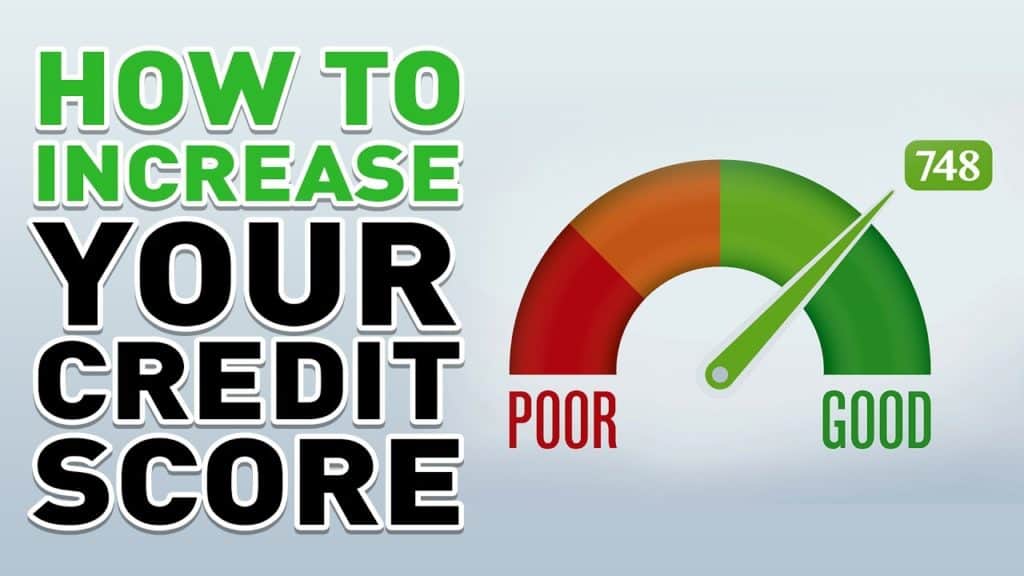There are hacks for everything in life, including improving your credit score. If you are struggling to find the financing you need to purchase a home, car or other expensive item because of your low credit score, there is hope! At Coast Tradelines, we have the hacks you need to improve your credit score fast. The following are a four techniques you can start today.
1. Strive for a $0 Balance on Each Statement Date
Credit utilization is a big percentage of your credit score. If you pay your credit card balances on time every month, you may think you’re achieving a 0% utilization ratio, but that’s not actually true. When the credit card company makes a report to the credit bureaus, it’s generally on an earlier date than when your credit card payment is due. If you wait until the due date, or even just a few days before it’s due, the report will show that you have a balance.
The hack is to pay your credit card balances before the statement closes. The credit bureau will then get a report that shows a $0 balance for that statement date. If you are unable to pay the bill that early, you could pay it by the due date, then wait an entire billing cycle before you use that particular credit card again. This would give you a $0 balance on the next cycle, which would help your score.
2. Purchase Authorized User Tradelines
Sometimes you just need the assistance of another responsible party to help you get on your feet again. Authorized user tradelines offer a way to achieve that. Credit account holders basically sell their credit history to you at a low cost. You become an authorized user on their accounts, though you don’t have access to use their credit cards.
What this does is it adds their credit history to yours. While you will still need to work on repairing the negative marks on your credit report, an AU tradeline will improve the score in just a few weeks’ or days’ time. It adds the card holder’s seasoned accounts to your history so you don’t have to wait for your own accounts to age.
3. Dispute Mistakes and Inaccurate Information
If you look over your credit report and notice there are any mistakes, you should put forth the effort to have those mistakes removed. There’s no reason your credit score should suffer because something was inaccurate or done incorrectly. Some common mistakes include an on-time payment being flagged as late, negative information older than seven years which should have been previously deleted, duplicate accounts and someone else’s credit account being confused with yours.
You’ll need to get in touch with each credit bureau that has reported these mistakes to have each of them remove the inaccurate information. There should be instructions on the report you looked over, giving you steps to take to make your dispute. You may want to look at some sample letters to get an idea of what to include in your dispute. Do you have solid evidence? Include it. Do you have letters from your creditors? Include them. If the credit bureau doesn’t feel you have accurate information to back up your claim, it could get dismissed.
Once you have disputed any mistakes and inaccurate information, and the credit bureaus have updated your report, your score should improve, often dramatically.
4. Strategize an Increase in Your Credit Limit
When someone increases his or her credit limit, it improves the utilization ratio, which makes up a large portion of the score. You have to be strategic about it, as doing it the wrong way could have the opposite effect. To effectively increase your credit limit:
- Wait until you are in a better financial situation. For example, if you recently received a raise or got a new job with a higher salary, you could be able to handle a higher credit limit. This shows creditors you are responsible about the amount of credit you can handle.
- Don’t make too many requests in a short period of time. The general rule is to wait at least six months before you request a credit limit increase. If you request this too often, it shows creditors you’re eager and desperate to gain more credit, but may not have the means to pay it back.
- Ask if the creditor can approve the increase with a soft inquiry. A hard inquiry could decrease your score more than a soft inquiry, so that’s the best route to take if possible.
Getting Started With the Right Steps
Any time you are dealing with your credit history, you want to be careful with how you proceed. Luckily, these hacks should get you started with the right steps. To learn more about how to improve your credit score fast, contact Coast Tradelines today at 619-363-1472 or fill in our form and we’ll see what we can do to help.



